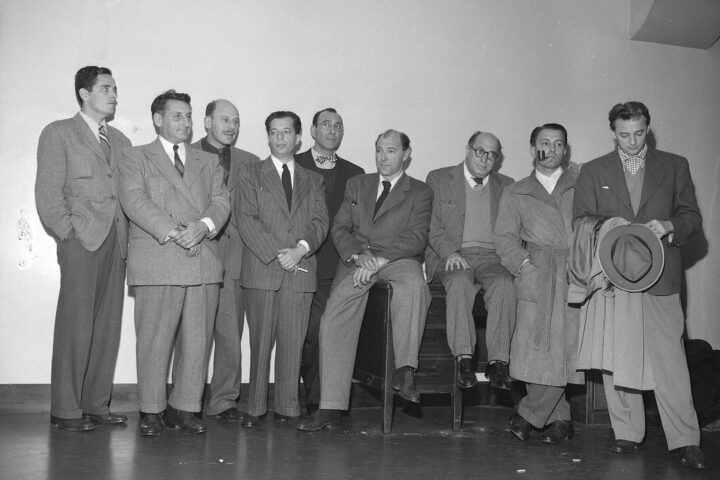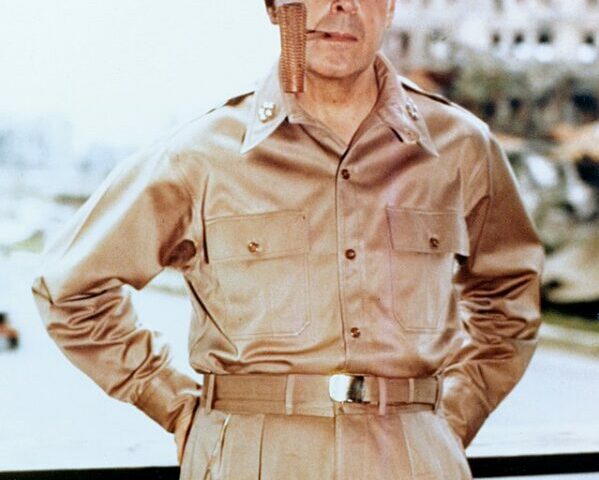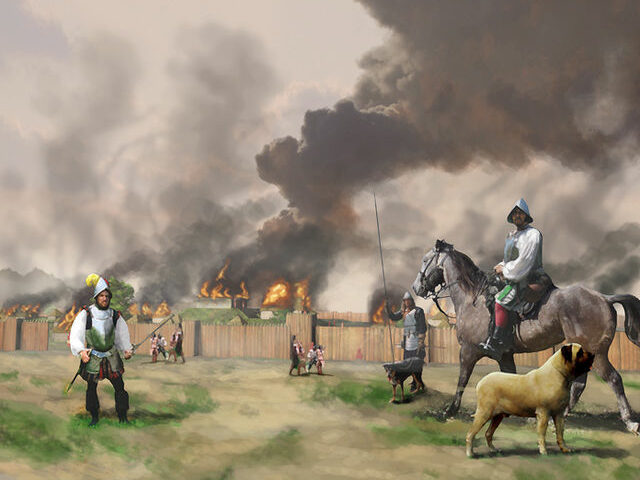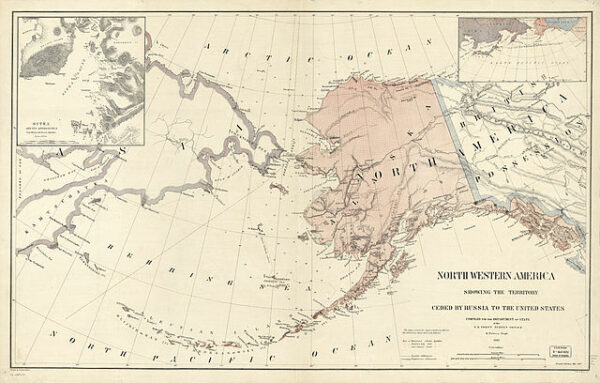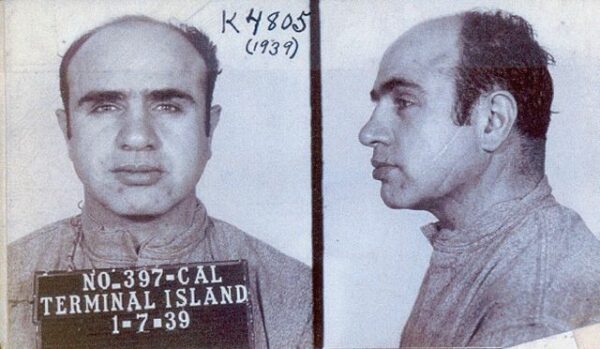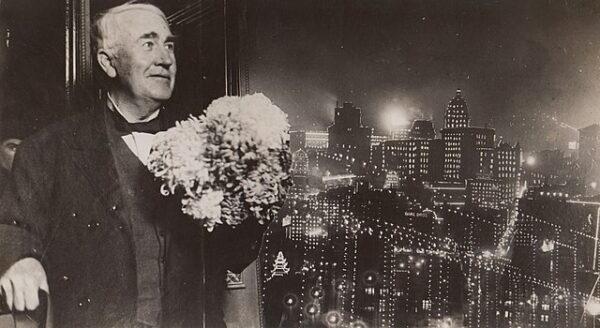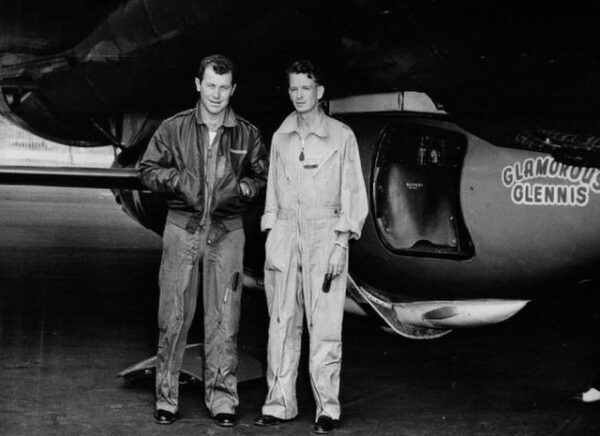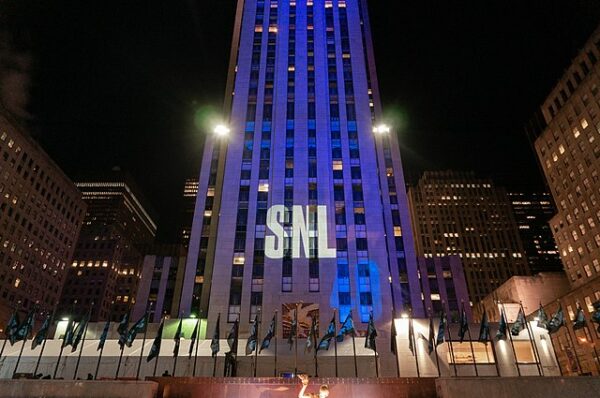On October 20, 1947, the House Un-American Activities Committee (HUAC) launched its infamous investigation into Communist infiltration of the Hollywood film industry, marking a pivotal moment in the early stages of the Cold War. This event became one of the most dramatic and controversial…
Read MoreOn October 20, 1944, General Douglas MacArthur made good on his promise and waded ashore on Leyte Island in the Philippines. Nearly three years prior, the charismatic general had been forced to leave the islands after the Japanese invasion, but he made a promise…
Read MoreOn October 19, 1987, an event that would come to be known as Black Monday sent shockwaves through the global financial markets with one of the most dramatic stock market crashes in history. On that day, the Dow Jones Industrial Average (DJIA) plunged by…
Read MoreOn October 18, 1540, Spanish conquistador Hernando de Soto and his forces clashed with Native American warriors at the fortified town of Mabila in present-day Alabama, in one of the bloodiest encounters of de Soto’s North American expedition. This battle marked a pivotal moment…
Read MoreIn the midst of a chilly and overcast day on October 18, 1867, “Seward’s Folly” finally came to completion. Now celebrated every year as Alaska Day, the date commemorates a pivotal moment in the history of the United States and the far northern frontier…
Read MoreAl Capone, one of the most notorious gangsters in American history, was convicted of tax evasion on October 17, 1931, marking the fall of a man who had built a criminal empire in Chicago. While Capone was involved in numerous illegal activities, including bootlegging,…
Read MoreOn October 15, 1878, Thomas Edison, America’s greatest inventor, went into business. His new company The Edison Electric Light Company, played a pivotal role in the development and commercialization of electric lighting technology in the late 19th century. Edison had been working on electric…
Read MoreOn October 14, 1947, in the Bell X-1 rocket-powered aircraft, Chuck Yeager did something no one had ever done before. He flew faster than the speed of sound, reaching a speed of Mach 1.06, approximately 700 miles per hour. This achievement, which took place…
Read MoreOn October 13, 1269, Westminster Abbey was consecrated after the completion of Lady Chapel. This beautiful chapel, with its remarkable gothic architecture and intricate stained glass windows, has been a focal point for prayer, reflection, and religious ceremonies for centuries. The consecration marked a…
Read MoreOn October 11, 1975, Americans began laughing on Saturday nights. Saturday Night Live (SNL) made its television debut on NBC. Created by Lorne Michaels, the concept of the show was to provide a platform for the best comedic talent of the time to showcase…
Read More

